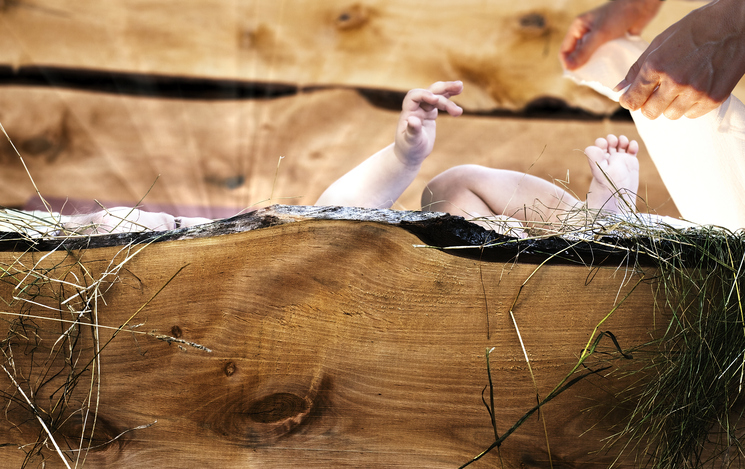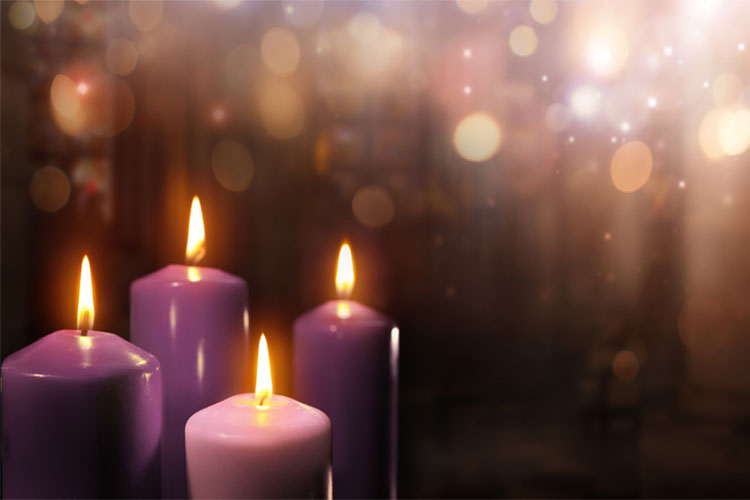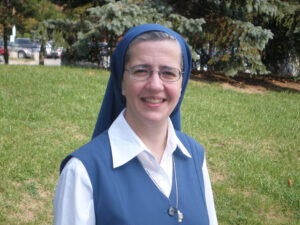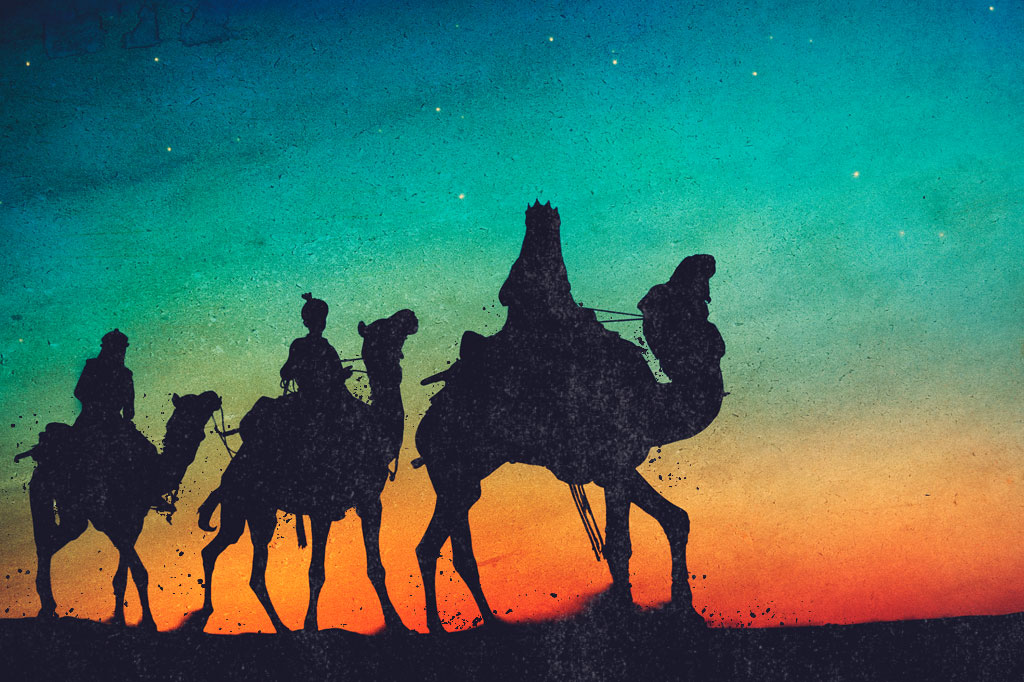One year ago, today, as I watched snow fall down on my windshield, I was a perfect concoction of nervous and excited. I remember the brief instance of cold as I walked out of my car and then the wave of warmth as I entered that little coffee shop on Drake Road. Little did I know that this first date would be with my future wife.
Nathalie and I are now engaged and I love to look back on that day and the plans God had for us and how they have started to become part of our beautiful history. Anniversaries give us a chance to look back on how we started, the journey so far, and the anticipation for the many blessings to come.
It’s no different when we celebrate the anniversary of the coming of Christ, Christmas. I’m sure you have heard at some point in your life, possibly CCD class or confirmation, that Jesus came to earth to die for your sins, and that is true. But I think Jesus also came for another reason. I like to tell people that God became man not only to redeem us, but to remind us of who we are.
Think about it, God made human beings as his most incredible masterpiece. We can look around at creation and see the most immense beauty, and this beauty can’t help but draw us to the Creator. But of all the beauty of creation, the only creation that was made in the image and likeness of God is… That’s right, YOU!
Human beings are the crown of creation, the very heart of God molded into a masterpiece from the dust of the ground and formed with the breath of life. This is why Pope John Paul II said,
“The body, and it alone, is capable of making visible what is invisible, the spiritual and divine. It was created to transfer into the visible reality of the world, the invisible mystery hidden in God from time immemorial, and thus to be a sign of it” (Theology of the Body, 19:4).
A terrible injustice has been done because we no longer speak of or look at the human body in these terms. Often, we are tempted to use other human beings instead of seeing them as an image of God. It doesn’t take much more than a glance at the news to see that our world is fallen and broken and at times there doesn’t seem to be much hope. We would rather claim ourselves as a fallen humanity because it is easier to admit we are fallen than it is to rise above.
But hope was born into the world over 2,000 years ago not only to redeem us and our fallen world, but to remind us of who we are as sons and daughters of God. Through the incarnation, we have a model of love. So, next time you are tempted to despair at all the evil and brokenness in the world, remember that little baby who was born into the poverty of humanity. That little child who reached right into our brokenness and not only healed us to remind us of how we were created, but allowed us to go beyond our original state into the perfection of our final state in heaven, perfectly happy with God in a wedding feast that will never end.
As we prepare for this anniversary of Christmas, let’s remember to thank God for how He originally created us, do penance for the many sins we have committed that have made us fall, and finally rest in His mercy and love as we await the joyful hope of heaven, all thanks to that little child born in a manger. Happy Advent and from all of us here at Diocesan, God Bless!
“The heritage of our hearts is deeper than the sinfulness inherited” (Theology of the Body, 46).
 As Diocesan Publications’ Solutions Evangelist, Tommy is committed to showing parish and diocesan staffs how to use our communication tools to their best advantage. He has worked for years in various, youth ministry, adult ministry, and diocesan roles. As an expert on Catholic communication, Tommy uses his parish and diocesan experiences to help you make your ministry effective. To bring Tommy to your parish or for general inquiry, contact him at tshultz@diocesan.com or find him online at www.rodzinkaministry.com
As Diocesan Publications’ Solutions Evangelist, Tommy is committed to showing parish and diocesan staffs how to use our communication tools to their best advantage. He has worked for years in various, youth ministry, adult ministry, and diocesan roles. As an expert on Catholic communication, Tommy uses his parish and diocesan experiences to help you make your ministry effective. To bring Tommy to your parish or for general inquiry, contact him at tshultz@diocesan.com or find him online at www.rodzinkaministry.com
Copyright © 2017 Diocesan.



